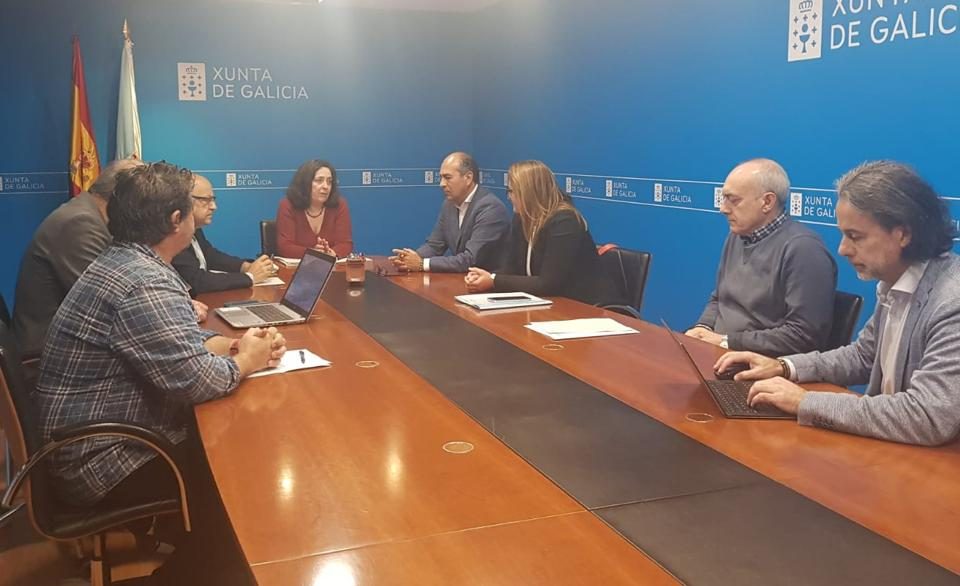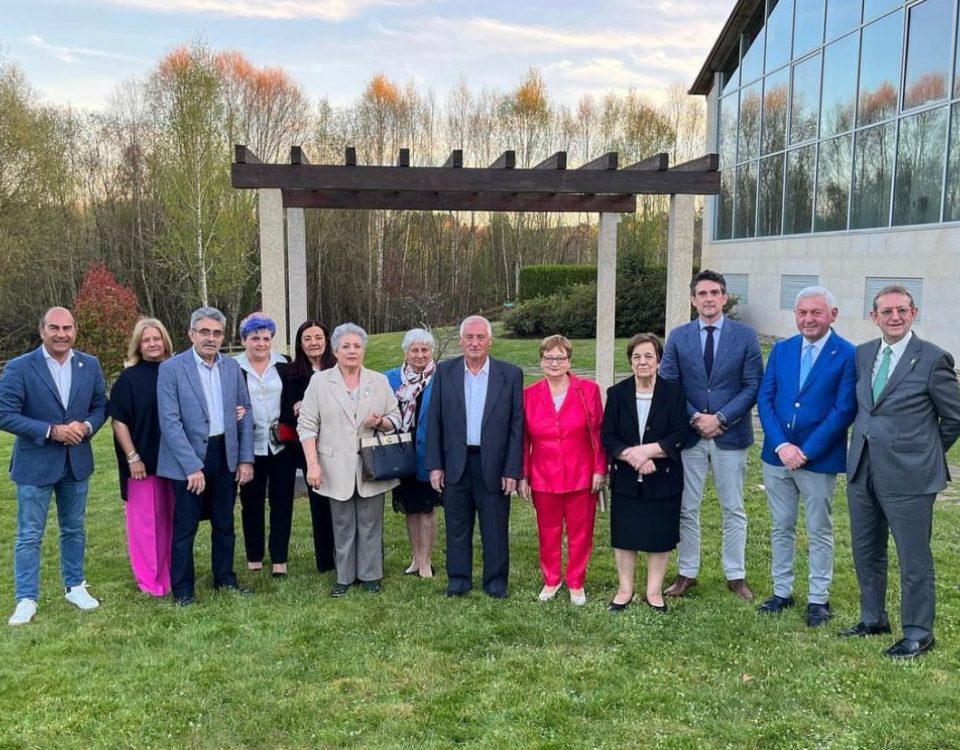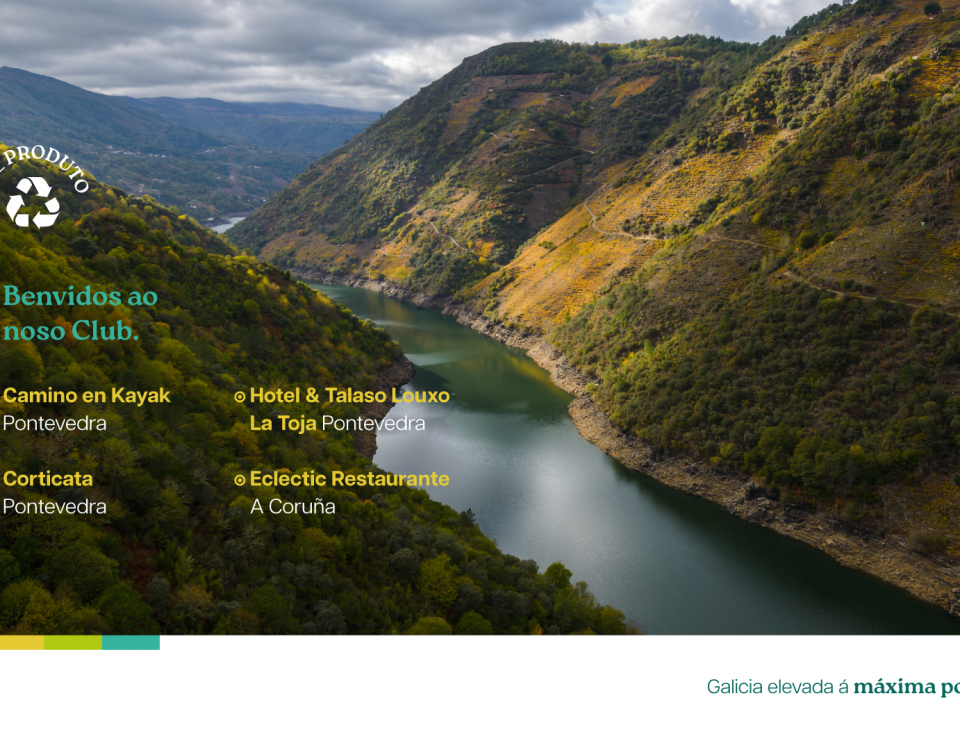- El mejor turismo de galicia
Cluster
- The system was born as a result of the collaboration of the Tourism Cluster with GaiásTech and Optimizadata.
- On May 31st, an information session will take place at the GaiásTech Center that can also be followed by streaming.
- It is aimed at owners and managers of accommodation companies in Galicia.
The Tourism Cluster, with the collaboration of GaiásTech and Optimizadata, makes available to accommodation companies (that have a PMS-Property Management System) a system for monitoring and analyzing occupancy data for accommodation establishments. This application, which can be used free of charge, will facilitate the management of this type of establishment and provide information of notable interest to tourism companies.
Next Wednesday, May 31, an information session will take place at the GaiásTech Center, located in the City of Culture of Galicia, starting at 5:00 p.m. The conference, which can also be followed by streaming, will be attended by professionals Antonio García Ruiz, CCO of Optimizata, and César Moreno Gil, CEO of Optimizata.
The event is aimed at owners and managers of accommodation companies in Galicia. Its objective is to make available to these companies a system that allows comparing the occupancy data with respect to the destination or similar companies in the destination, prices, evolution, etc. In this way, the risk in making business decisions is reduced and the profitability of the establishments is increased.
The session will be divided into four parts. The first will be the presentation of the data monitoring and analysis system for accommodation establishments, presenting a historical analysis and prospective occupancy. Next, we will continue talking about the different adhesion models. After this, similar experiences will be presented in other geographical environments where a similar system has already come into operation, as is the case of the collaboration between Optimizadata and Hosbec in the Valencian community. Finally, the attendees will be able to formulate their questions or doubts in a round of questions.
Registrations can be made through this form enabled by GaiásTech. You can consult more information about the event and the complete program on the GaiásTech activities board.




